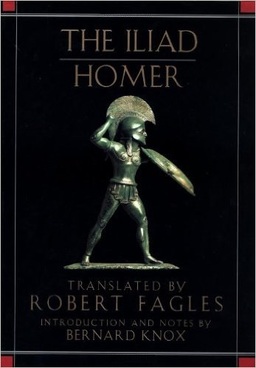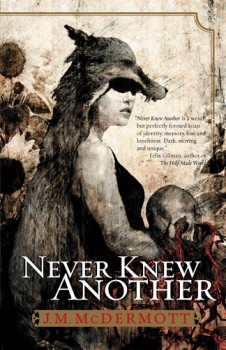Some Historical Novels for Readers and Writers of Fantasy and Science Fiction
 When I was an undergraduate at the University of Houston, I minored in history. My professor of the history of the Old South explained the difference between an antiquarian and a historian thus: An antiquarian will know lots of facts and figures and data; a historian will interpret the information to seek what it means. For this reason, I have always considered historical fiction inextricably linked to the work of historians. As historians are inextricably linked to the work of fantasists, the transitive property holds that historical fiction is an important part of the world of fantasy fiction. The past is a ripe field for the imagination, and full of stories.
When I was an undergraduate at the University of Houston, I minored in history. My professor of the history of the Old South explained the difference between an antiquarian and a historian thus: An antiquarian will know lots of facts and figures and data; a historian will interpret the information to seek what it means. For this reason, I have always considered historical fiction inextricably linked to the work of historians. As historians are inextricably linked to the work of fantasists, the transitive property holds that historical fiction is an important part of the world of fantasy fiction. The past is a ripe field for the imagination, and full of stories.
It’s actually very difficult to separate the historical fiction from what is generally considered the fundament of realist fiction, or whatever fiction mode it takes as its fundament. The widely-acknowledged first work of what we call the modern novel described as a novel, Don Quixote, was about a character who read to much historical fiction, hearkening back to a different time. The character of Don Quixote, himself, became so enamored of the past that he invented his life into a historical re-enactment. He was perhaps the original member of the society of creative anachronism.
Even such Ur-texts as The Illiad, The Odessey, and The Epic of Gilgamesh seem to be acts of historical invention in their own time. Telling the story of “where we came from” is one of the fundamental stories that drives narrative forms, because it seems to speak to where we ought to go, and who we ought to be. The past tense is a standard mode. Nearly all fiction is driven by a sense of the past, hopefully one that bridges to a future.
Our relationship to history is a fraught one. We carry our preconceived notions of reality, as readers and writers, inside of our judgment of books and characters. History doesn’t have to be plausible, but fiction does. To truly study history, we almost have to abandon those ideas, and embrace ways of thinking that are not natural to us. One of the limitations of historical fictions versus non-realist work is that we don’t really approach the characters as intellectual equals, when we should. When the villagers in The Scarlet Letter demand the A upon Hester Prynne, we are pre-made as modern individuals to see her as the noble martyr, and them as morally repugnant hypocrites, without even understanding the sense of helplessness against a harsh universe that drove their fear of such misbehaviors, even into the horrors that they committed. We simply don’t empathize with the villagers. But, to bring to life, and to comprehend, history and where we came from, we must challenge ourselves to take people seriously, even when they are on the wrong side of our version of history.
 Traveling around the world in eighty days is not only quite possible, but a leisurely journey. One could, on this trip, stop to smell the roses, perhaps do a little sight-seeing on an island or two, and pursue adventure in remote locations. Really, if one were pressed for time, anyone with a passport and a few plane tickets could circumnavigate the globe in about a week or two, depending on the flight paths of the planes.
Traveling around the world in eighty days is not only quite possible, but a leisurely journey. One could, on this trip, stop to smell the roses, perhaps do a little sight-seeing on an island or two, and pursue adventure in remote locations. Really, if one were pressed for time, anyone with a passport and a few plane tickets could circumnavigate the globe in about a week or two, depending on the flight paths of the planes.